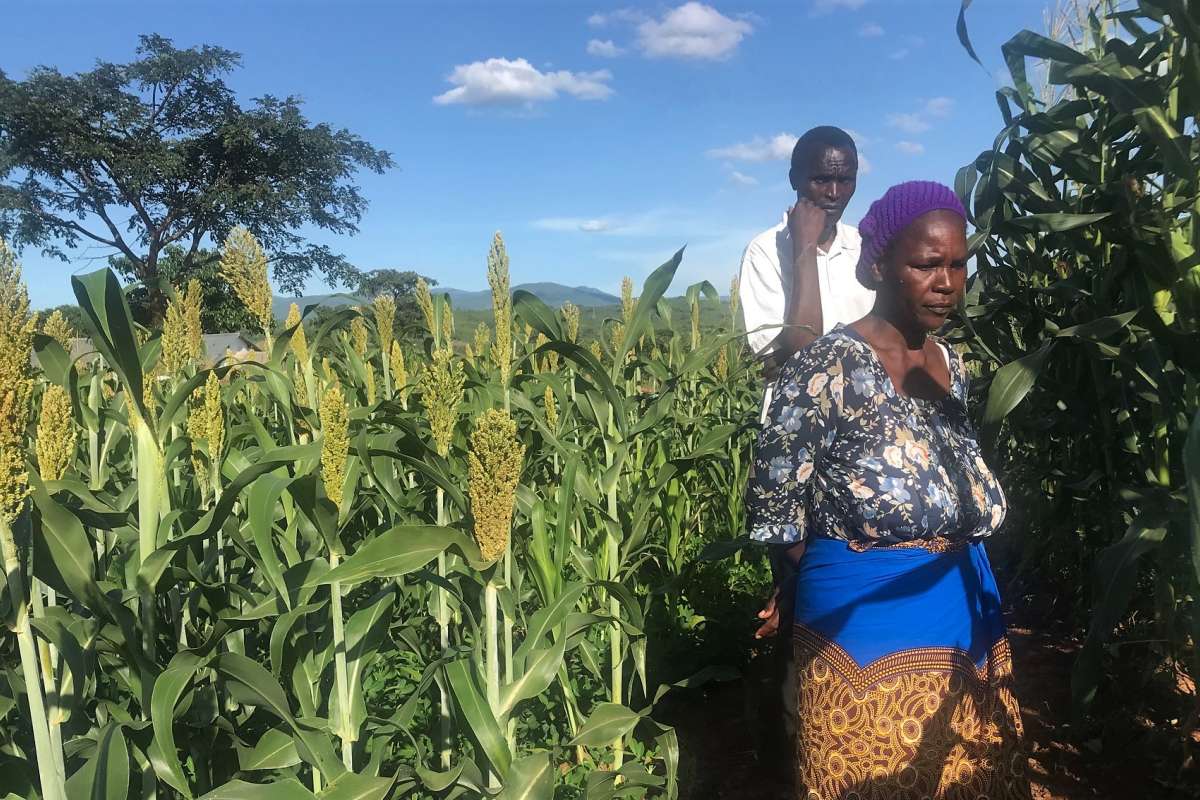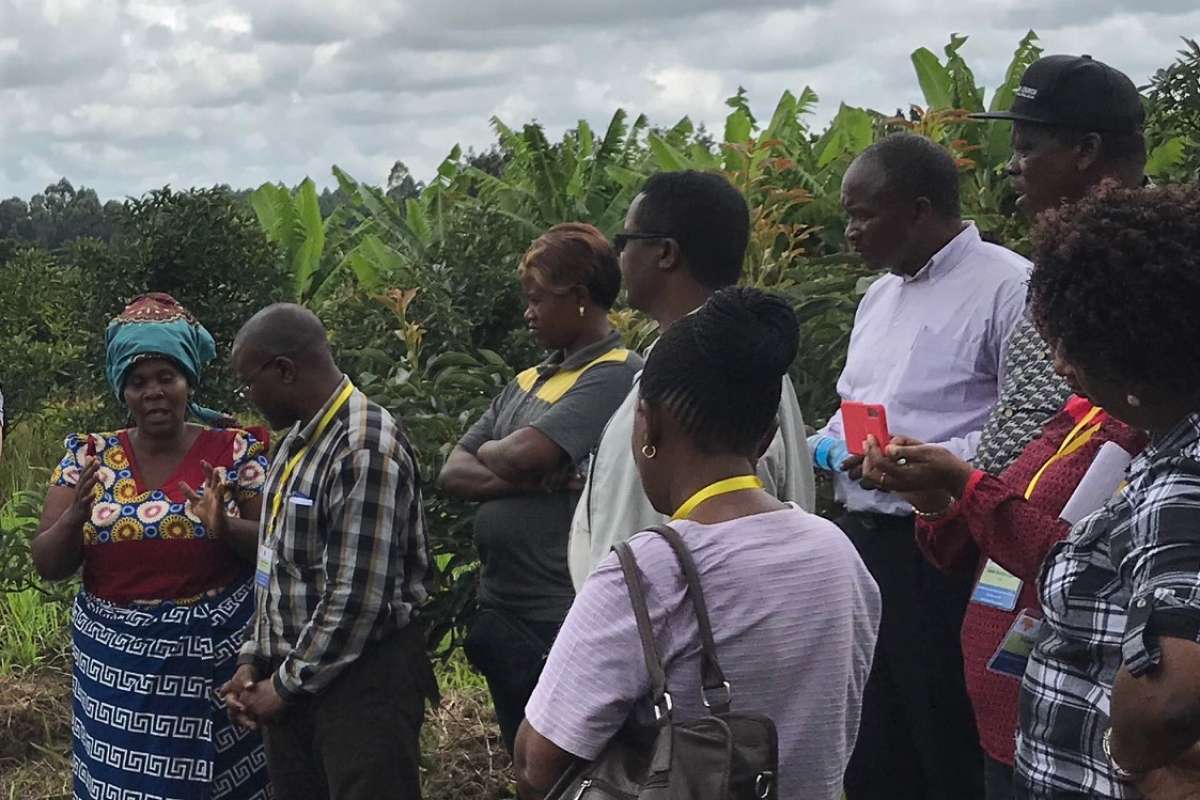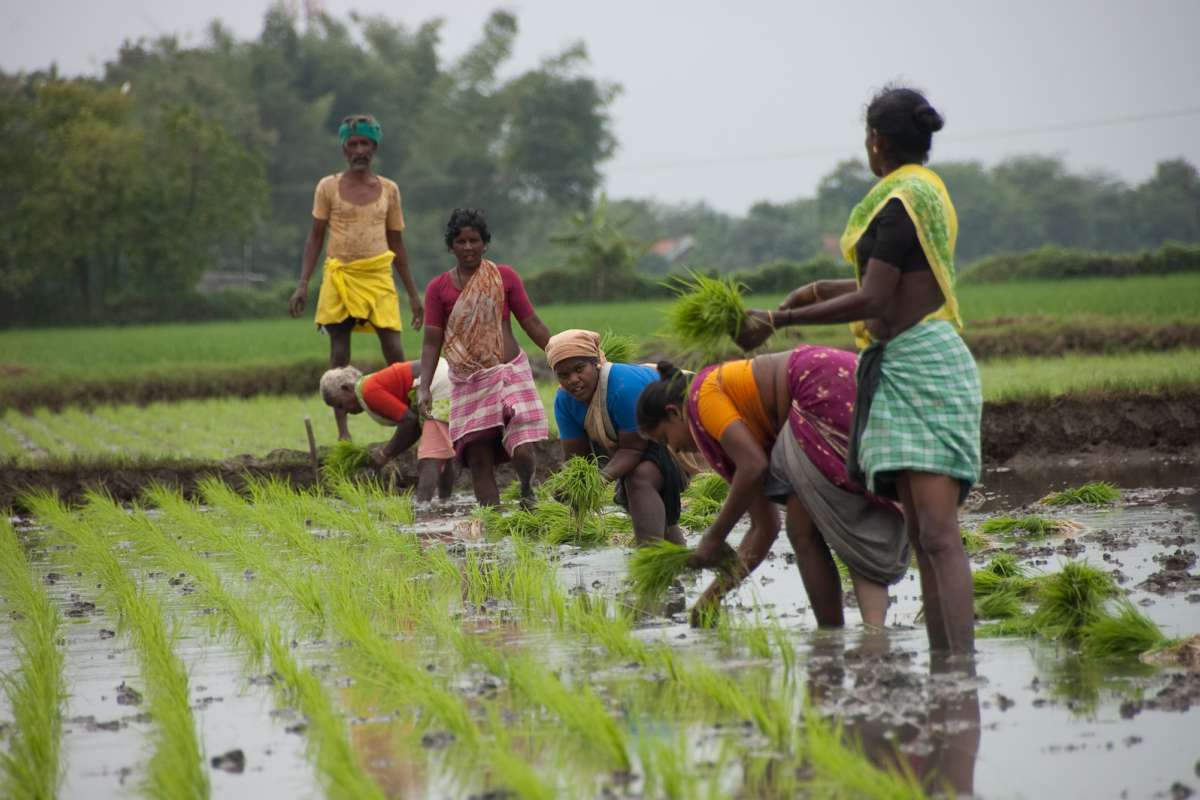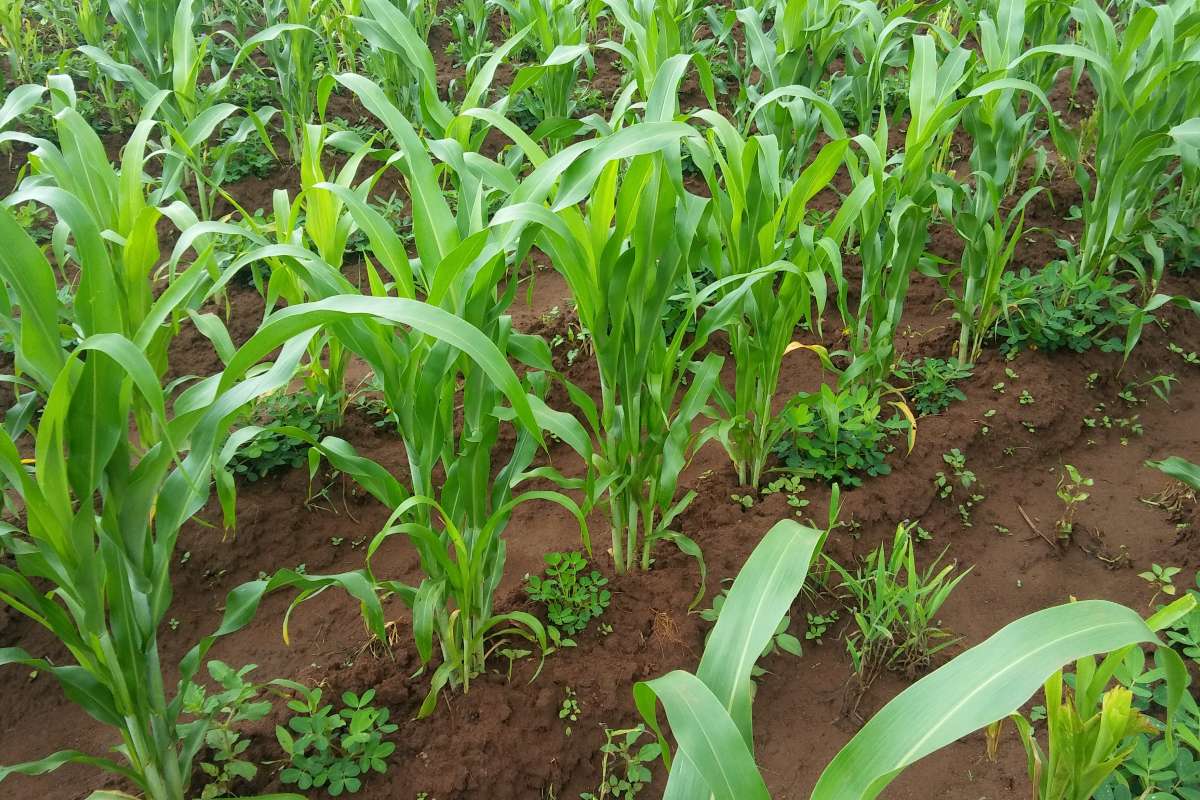Sustainable agriculture technologies on a rise among African smallholders
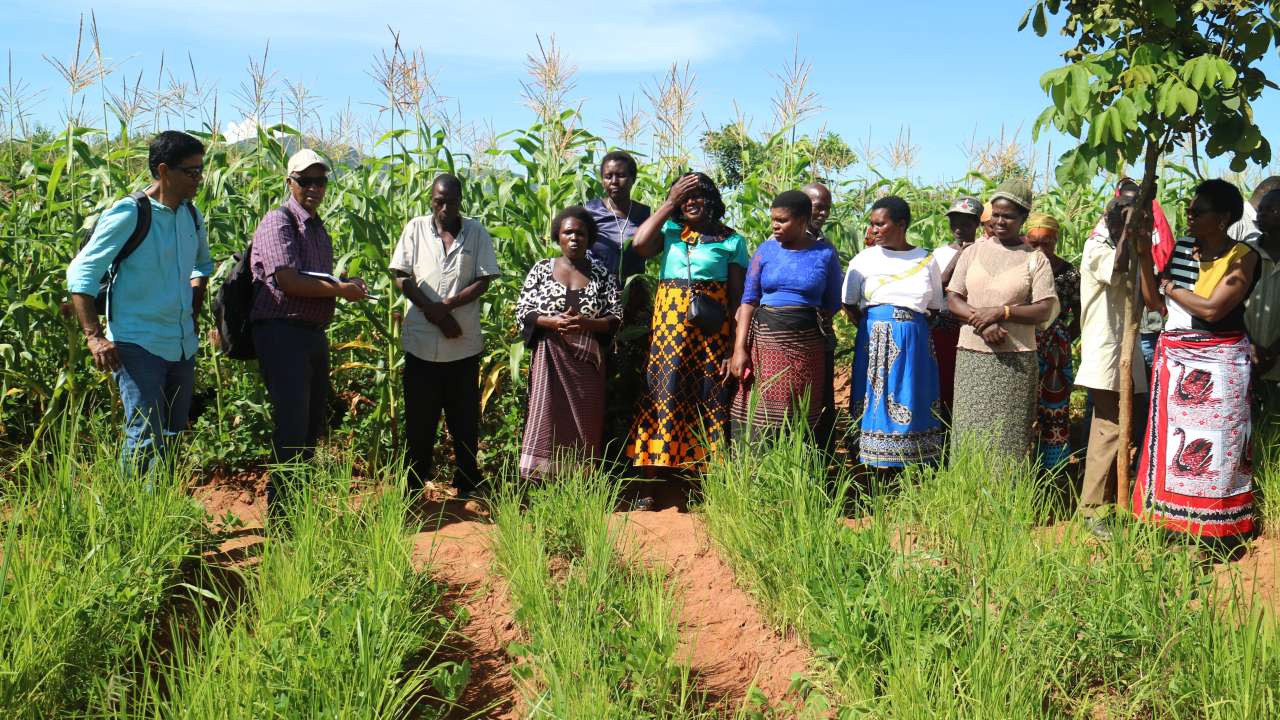
Millet-legume cropping systems in Northern Malawi. Photo: Soils Food and Healthy Communities Organization (SFHC), Malawi.
A steadily increasing number of African smallholders are adopting sustainable agriculture technologies - one of the main objectives in the InnovAfrica project. In its mid-term review, EU’s external evaluation committee acknowledged the delivery of excellent results so far, with significant immediate or potential impact in the project’s six African case study countries.
The aim of the EU-funded InnovAfrica project is to improve food nutrition security in Africa by integrating sustainable agriculture intensification systems and innovative institutional approaches with novel extension and advisory services. This has been achieved by enhancing capacity building and knowledge sharing in smallholder farming in Sub-Saharan Africa through a strong EU-Africa research and innovation partnership.
For the last three years, InnovAfrica has been testing, integrating, and disseminating potential sustainable agriculture intensification systems suitable to smallholders.
With only one year to go, the project results so far are very promising. This was something EU’s external review committee also acknowledged in its recent mid-term evaluation. Among other things, the committee stated that the project has fully achieved its objectives and milestones for the reporting period.
“After the first 36-months of the project period, significant and useful results are being generated. Through a considerable effort to disseminate these results, the project is beginning to achieve the impact as planned. Outputs target a broad range of stakeholders including farmers, advisory services, the scientific community and policy makers using a range of communication channels and dissemination tools including conferences and workshops, a website, social media and scientific publications,” the committee’s report reads.
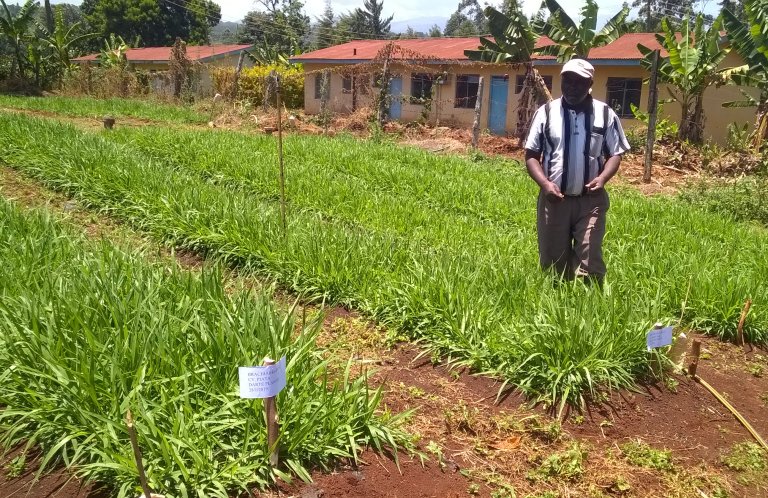
Strong scientist-stakeholder linkage
Project Coordinator Dr. Udaya Sekhar Nagothu from NIBIO says that the review recognized the systematic planning and well thought through linkages between tasks and work packages, that have enabled a constructive synergy in the project.
“The scientific multidisciplinary project team and their experience in the climate change and sustainable food systems, experience and cooperation of the field staff in all the six case countries, along with the support of Multi-Actor/Stakeholder Platforms, have played an important role in achieving the project results as planned,” Dr. Nagothu says. “Smallholders are the target end users and the project aims to further make efforts to reach out to them in the last year of the project.”
InnovAfrica’s work contributes to European and African policies on Food and Nutrition Security, as well as several Sustainable Development Goals. During the first three years of the project, more than 20,000 farmers have been reached in the six case study countries, and their awareness on climate change and adaptation of sustainable agriculture technologies has increased. Notably, smallholders adoption of maize-legume; millet-legume, and Brachiaria fodder grass-livestock value chains have significantly improved in the project areas.
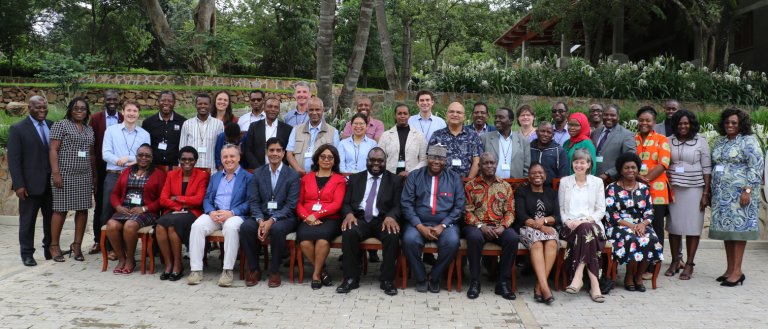
Contacts

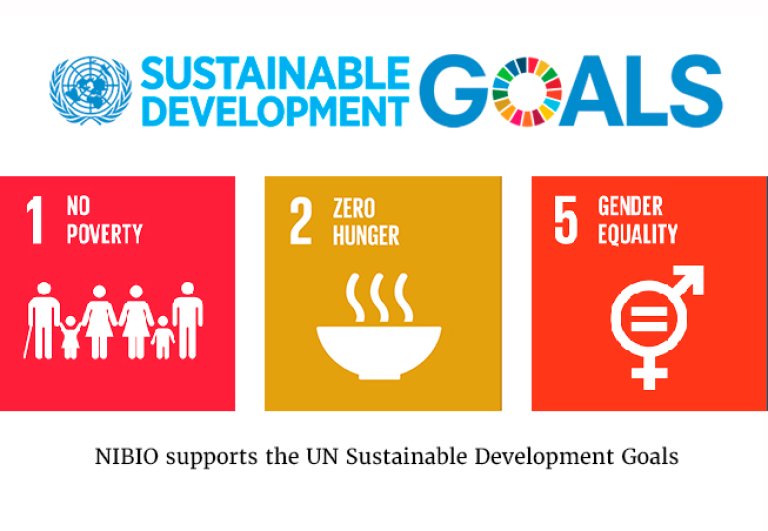
InnovAfrica
The NIBIO-coordinated project InnovAfrica (2017-2021) brings together 16 partners from Africa and Europe. InnovAfrica’s main goal is to improve food and nutrition security by integrating sustainable agricultural intensification systems and innovative institutional approaches to increase income and enhance smallholder adaptive capacity in Sub-Sahara Africa.
The project work takes place in six case study countries; Ethiopia, Kenya, Malawi, Rwanda, Tanzania and South Africa, each of them strategically selected to cover diverse agroecological zones. The objective is to test, integrate and disseminate potential sustainable agriculture intensification systems suitable to smallholders.
InnovAfrica is funded by Horizon 2020 / EU.
Contacts


